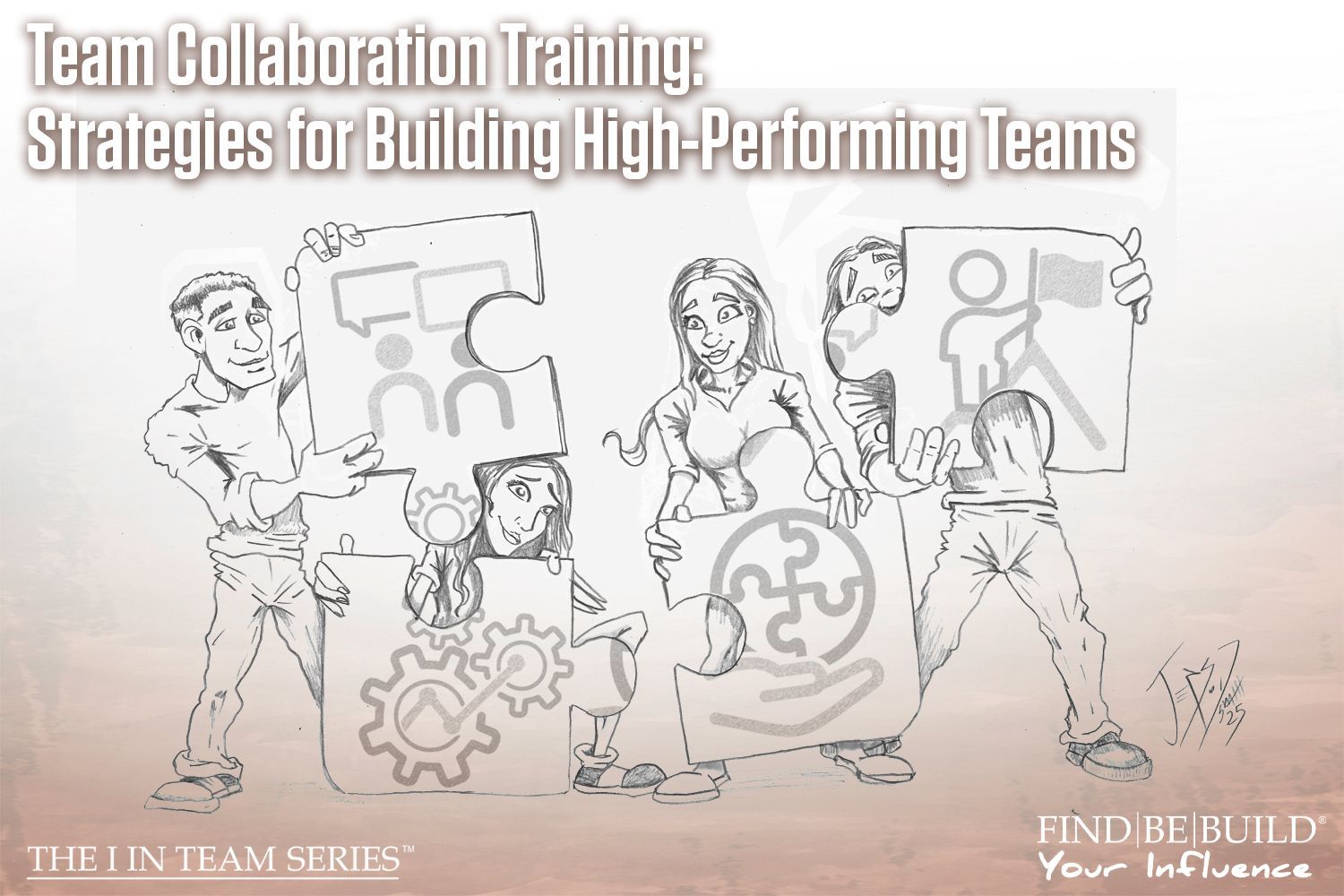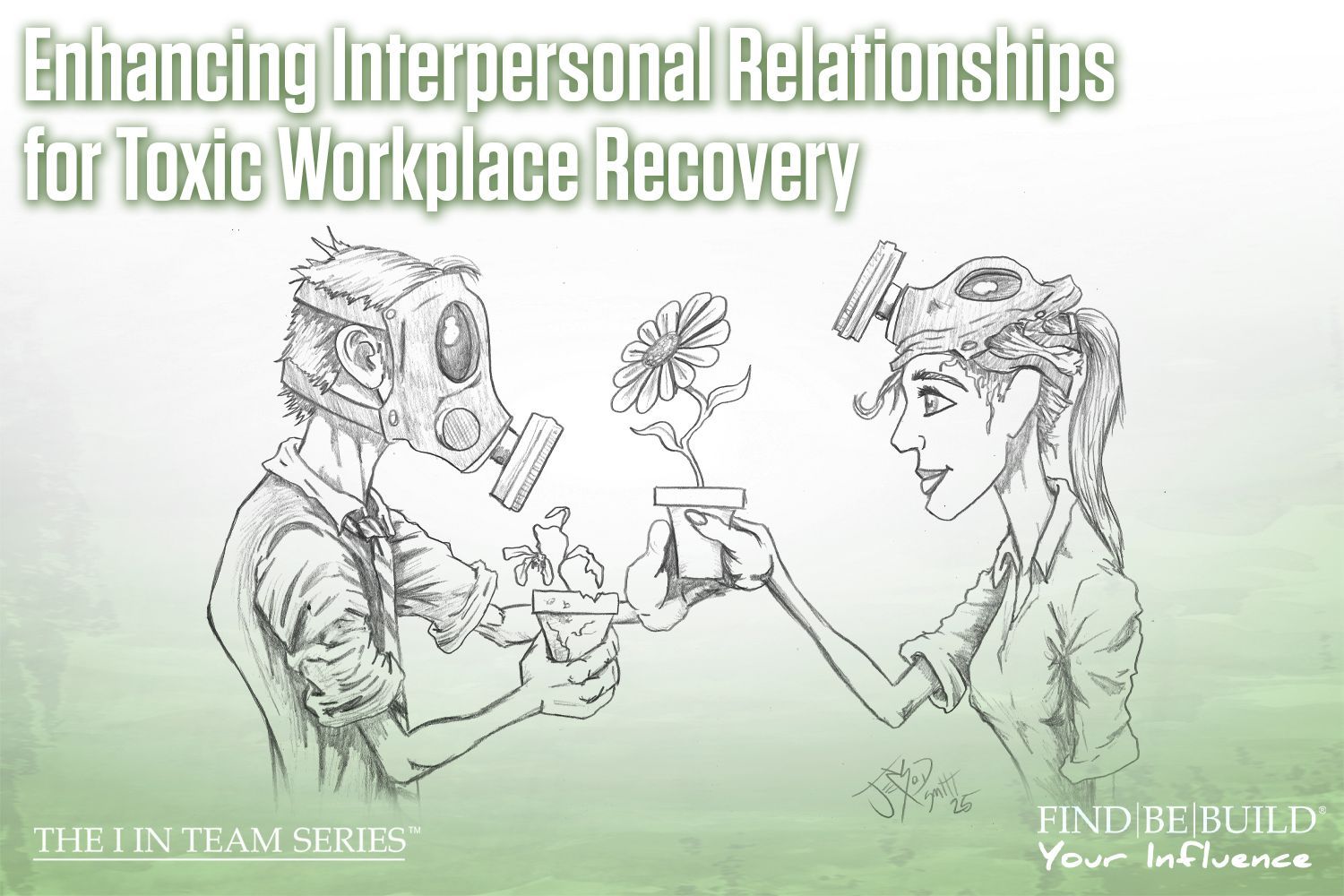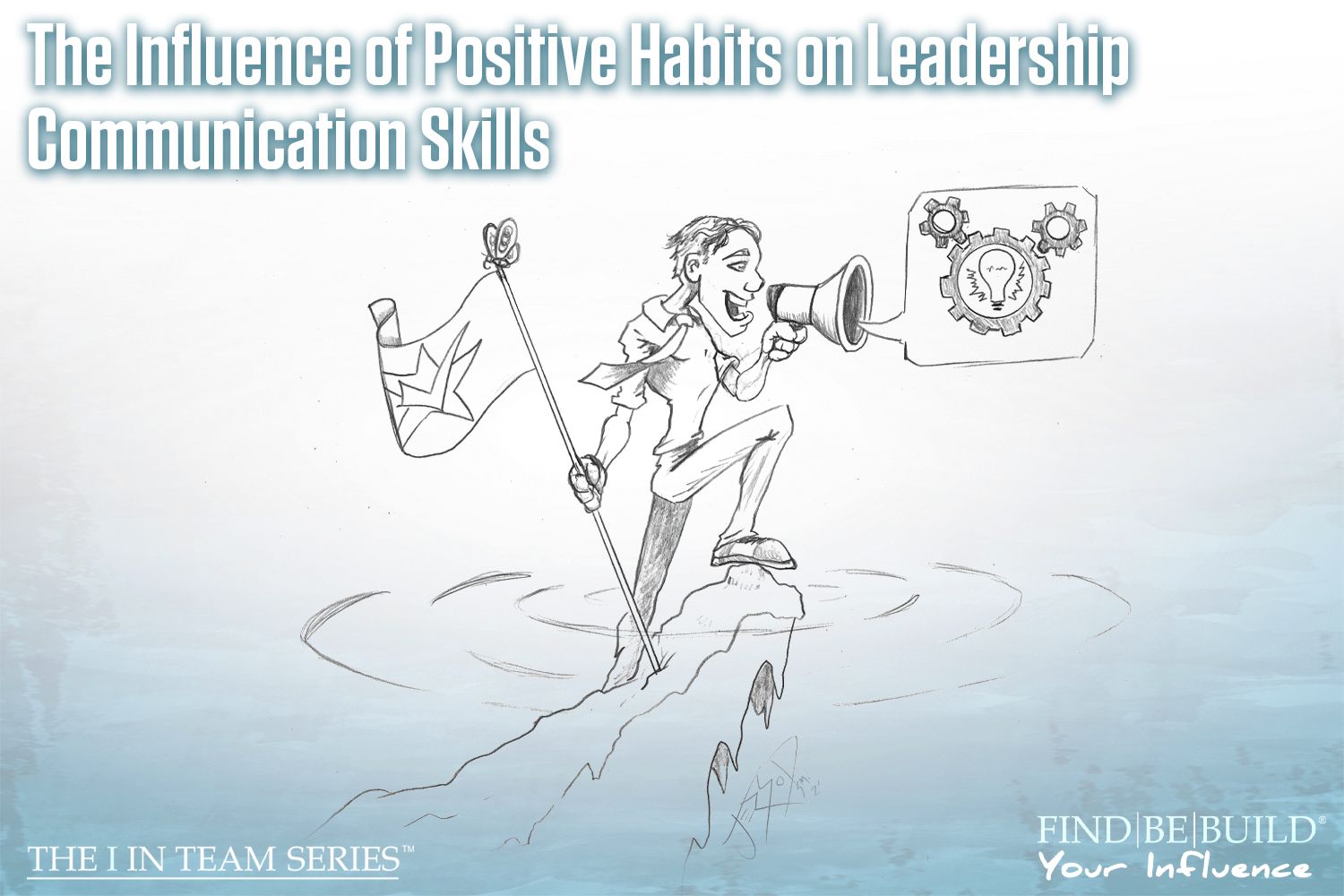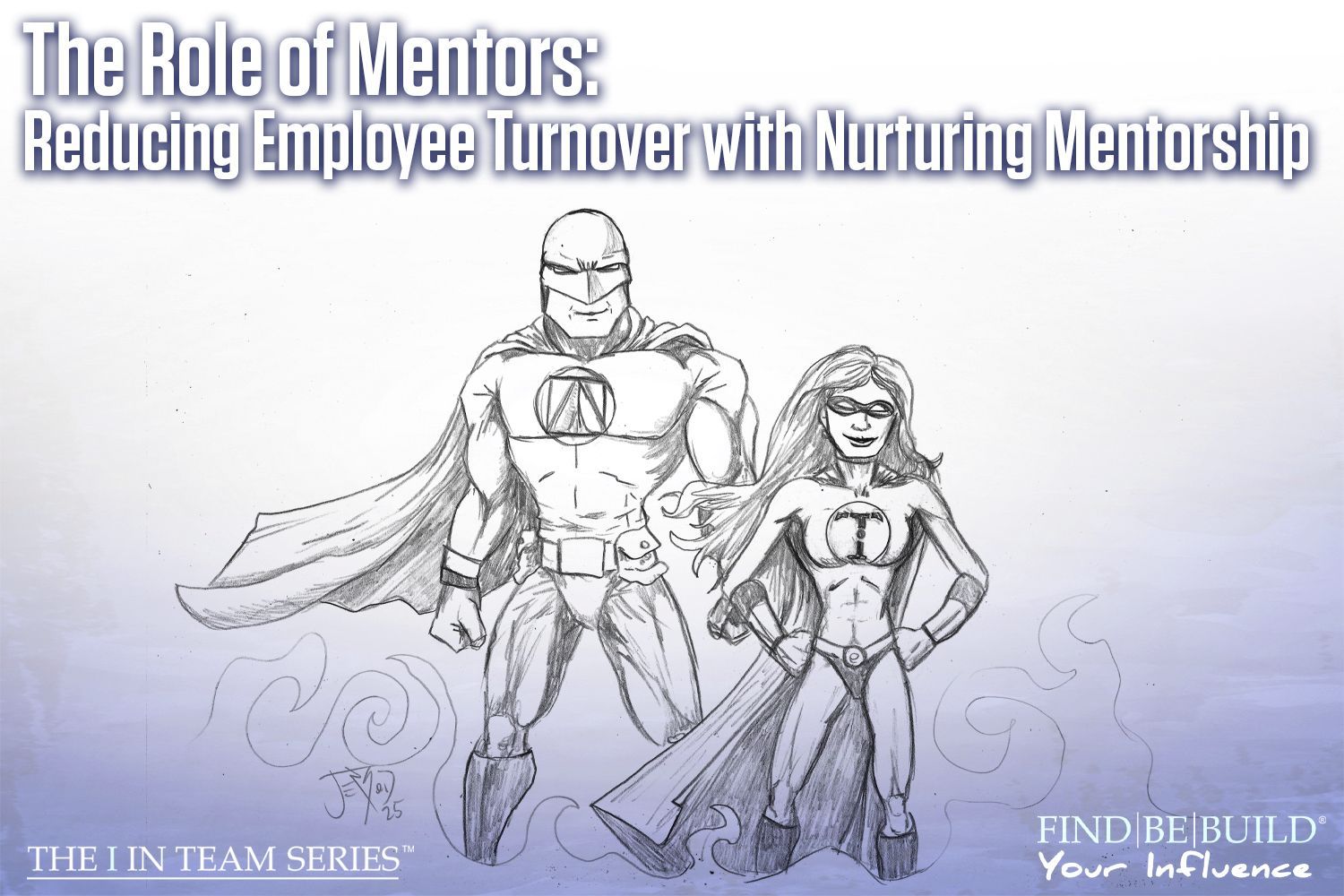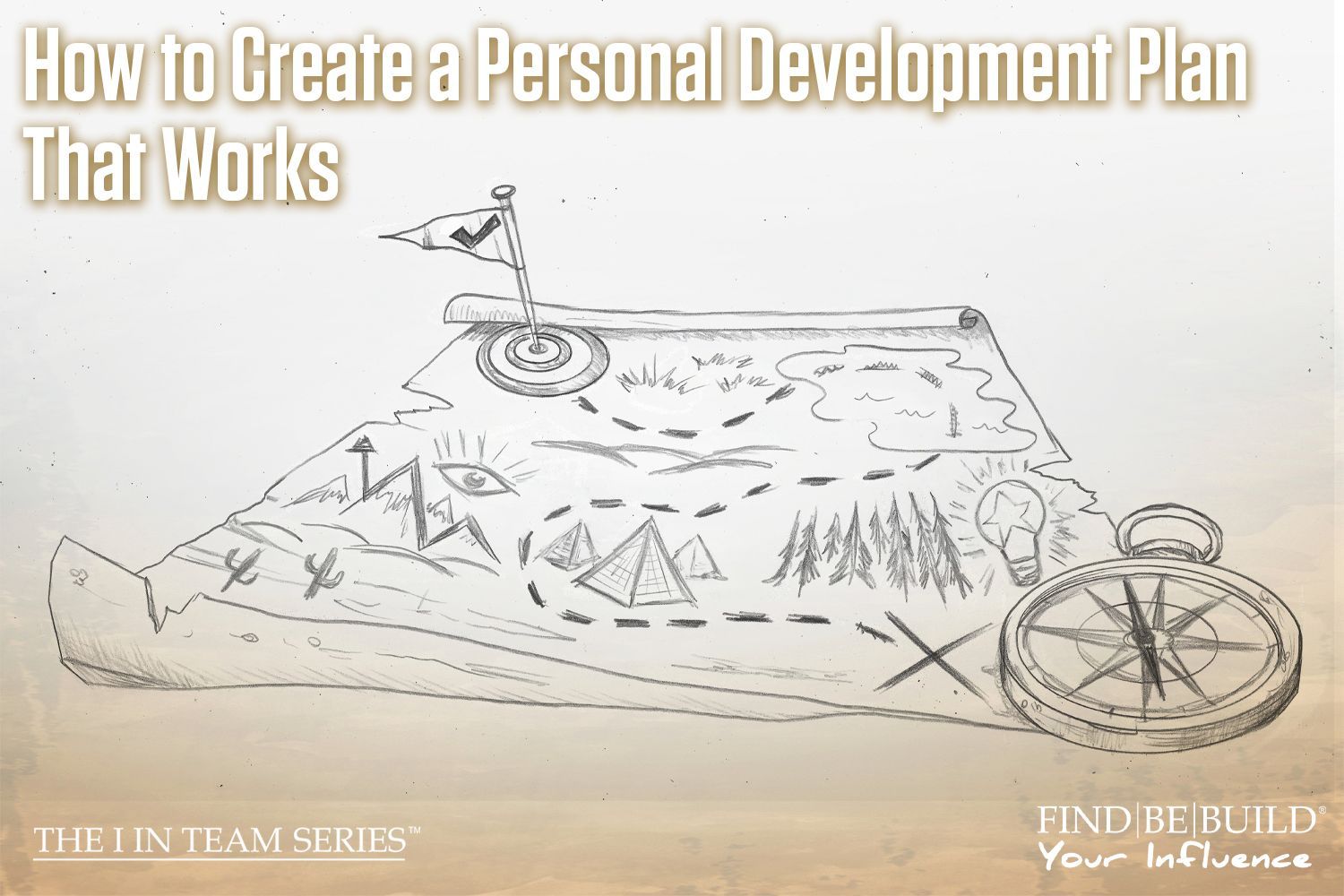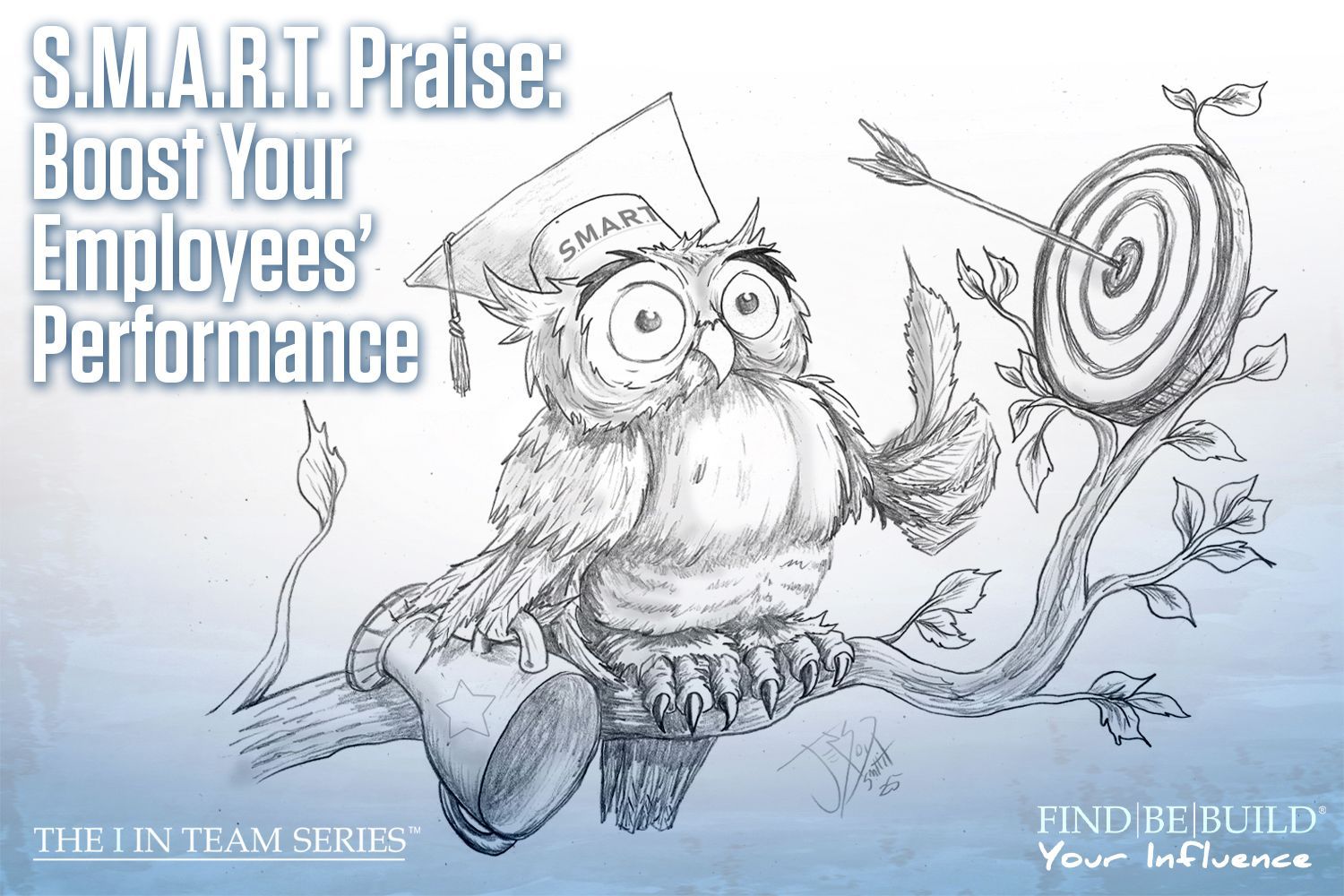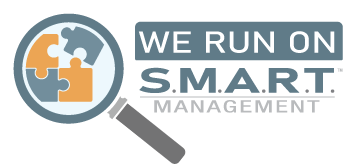Tips for Working from Home
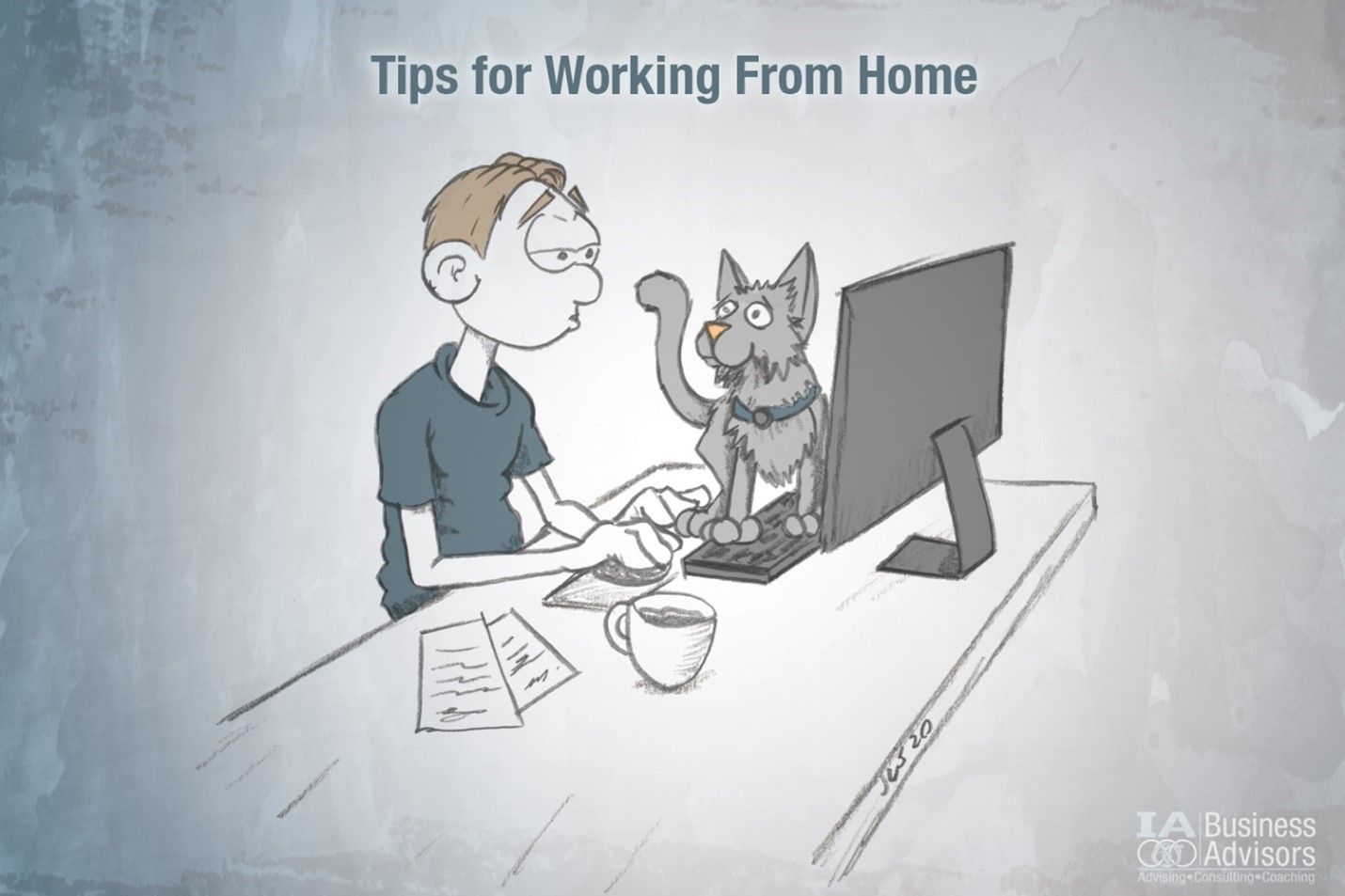
Remote business consulting tips
Written by: Mary Smith
I used to live in Washington, D.C., and since our only offices are based in Elgin, Illinois, I worked from home for nearly three years. When it came time to work from home again due to the pandemic, I was ready. Even some of my team members were ready to work from home, but not all. I offered the advice I could to those who needed it and trusted that those who didn’t knew how to thrive in their new working environment. While there are now several articles out there detailing how to work from home successfully, I want to share my experience with our readers. Below you will find IA Business Advisors approved tips for working from home.
Tip #1: Create a Productive Mental Space
Creating a productive mental space may sound hard, but it’s actually pretty easy! All you need to do is trick yourself into thinking that working from home is normal by following these two rules:
1) Create your “workspace” away from your TV or bedroom.
Your brain associates the place you sleep in with, well, sleep. If you try to work in your bedroom, you will be distracted, tired, and unproductive. Similarly, if you try to work in the same area where you relax and watch TV, your brain will think you are there to relax. This can cause the same issues as trying to work in your bedroom. To successfully work from home, you must create a “workspace” that is just for work.
It can be an office, a designated spot at the kitchen table, or even somewhere you have blocked off and created just for you. If you live in a smaller space with less room available for a designated space, try creating “barriers” for your space. You can use things, like tape, to mark where your workspace is. Create a box around yourself with sticky note reminders that this space is your workspace! Having a designated workspace will help your brain understand that this space is for being productive and for work only.
2) Have a routine.
You’ve heard it before, routines are helpful. But why? Just as you create a workspace away from your relaxing areas, you need to designate working times and stick to them each day. Personally, my designated working times are 8:00 am – 4:00 pm. At about 4:00 pm, my brain hits an “I’m done for the day” wall, so if I start later than 8:00 am, I am in trouble. My brain is used to my working hours, it’s the time when it is most active. Essentially, successfully working from home is all about structure and state of mind. If you can make it easier for yourself to work from home by following these first two rules, you will be productive.
Additionally, if you don’t live alone, you will need to set boundaries with those you live with. This is another area where having a routine will benefit you! If you have a routine, everyone you live with will know your routine. If you have children and have projects that need uninterrupted work, designate times to work on those projects and ask them to respect that you need some time to think. This can be tricky with little ones. If your children are very little, either set your thinking time around their nap time, or find an activity to occupy them during your thinking time. I won’t pretend this is an easy task and commend all the parents working from home with children.
Tip #2: Take Care of Yourself
Working from home means it’s easy to fall into a slump and not care about showers, eating, drinking water, or even socializing. Home is where we are comfortable. It’s where we have our comfy clothes and all our favorite things. We might think, “Well, I didn’t do anything today besides wake up and work, so I don’t need a shower.” Wrong. You still need to take care of yourself when you decide to work from home. If you’re a nighttime showerer, like me, that means washing your face and brushing your teeth in the morning. Or, if you’re a morning showerer, not skipping your morning shower! This is all part of your routine and keeping a healthy mental space.
Keep water by you, set reminders for eating (this one is hardest for me), get up and take a stretch every once in a while (set an alarm on your phone or in your calendar to remind you if you need to), schedule time to socialize with friends or even just finding your online community, and, perhaps most importantly, have empathy for yourself. If you’re not having a good day, be honest about it. This time is crazy for so many people. Now is the perfect time to learn how to have empathy for yourself and your situation. Additionally, if you’re in a good place mentally, reach out to your friends. We all need to check up on those we love and protect our circle of influence. Taking care of yourself is taking care of those around you, too.
Tip #3: Don’t Take Things Personally
Times are tough, but now is not the time to take things personally. Working from home means more communication through email, IM, and text. Unfortunately, tone is completely lost in modern day communication methods (minus the use of emojis). Plus, a lot of people are dealing with serious turmoil and trauma in their personal and professional lives. It’s important to not take things so personally and to have empathy for others. Taking things personally does nothing but disrupt your day and cause negativity. If you want to learn more about how to not take things personally and why you shouldn’t, watch this TED Talk.
Tip #4: Overcommunicate
This tip goes hand-in-hand with tip #3. While some are poor at communicating, you don’t have to be. You know how difficult it is to work with someone who can’t, or chooses not to, communicate properly. Don’t be that person! Make sure your team knows what you are doing, what you are working on, the time your planning on taking off, if you’re sick, if you’re not going to follow your routine on a certain day, and more. Even if you have told them before, remind them. We are all wrapped up in our own lives and days, so a gentle reminder to your team about what you are doing will keep the communication door open.
I’ve said it in this blog, but I’ll say it again; have empathy for yourself and others during this time. If we can all open our hearts and minds to the lives of others and to ourselves, working from home won’t be so hard! Set up your positive mental space, clear physical space for your office, stick to your routine (but have empathy for yourself if you don’t!), take care of your body, and overcommunicate with your team. If you have a specific question about working from home, comment below or message us on
Facebook!
